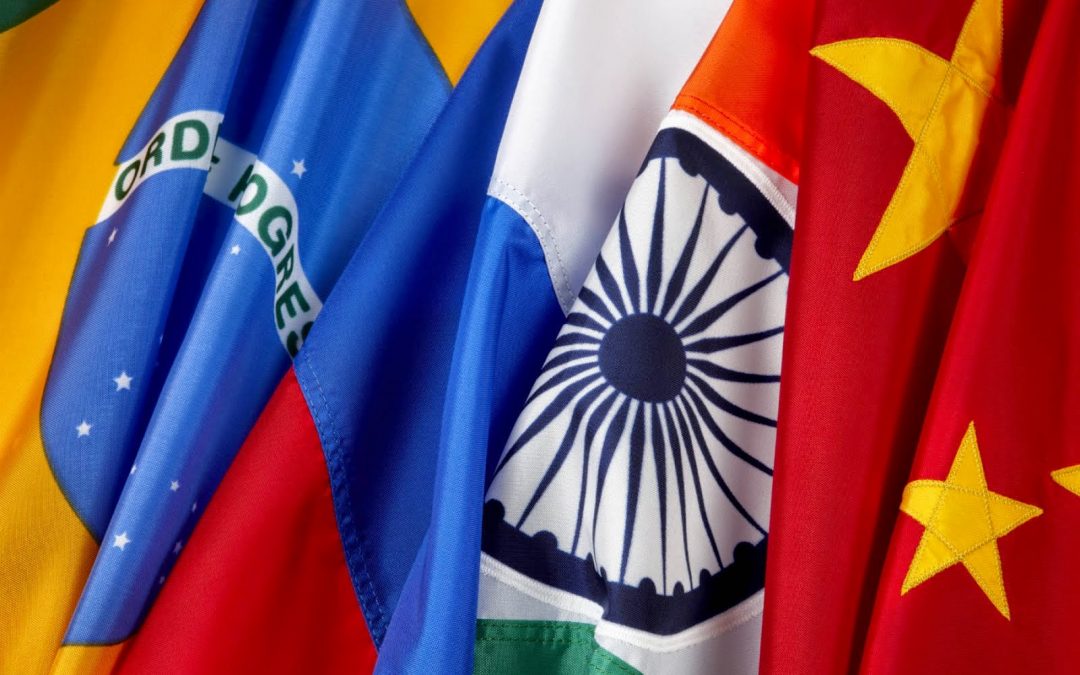
Rising Powers Special: The BRICs Uncovered
This week BBC Hardtalk’s Stephen Sackur speaks to Global Development Institute academics and other leading thinkers.
The feature length documentary examining the global trends, recent research findings and future directions for the rising powers.
What can social scientists know from art and how?
This blog originally appeared on the Manchester Migration Lab website
Written by Cathy Wilcock based on group reflections
This blog is a reflection on a workshop held at the University of Manchester and hosted collaboratively by the UoM Politics Department and the Institute of Social Studies in Den Haag. The workshop, co-organised by myself – a postdoc at ISS – and Aoileann Ní Mhurchú – lecturer in International Politics at UoM, was primarily asking ‘What can social scientists know from art and how?’. The workshop aimed to start conversations between those who make art, and those who engage with art in their social science research. The ideas recorded here are comprised of verbal and written reflections of all those attending the workshop (4 artists and 6 academics). read more…
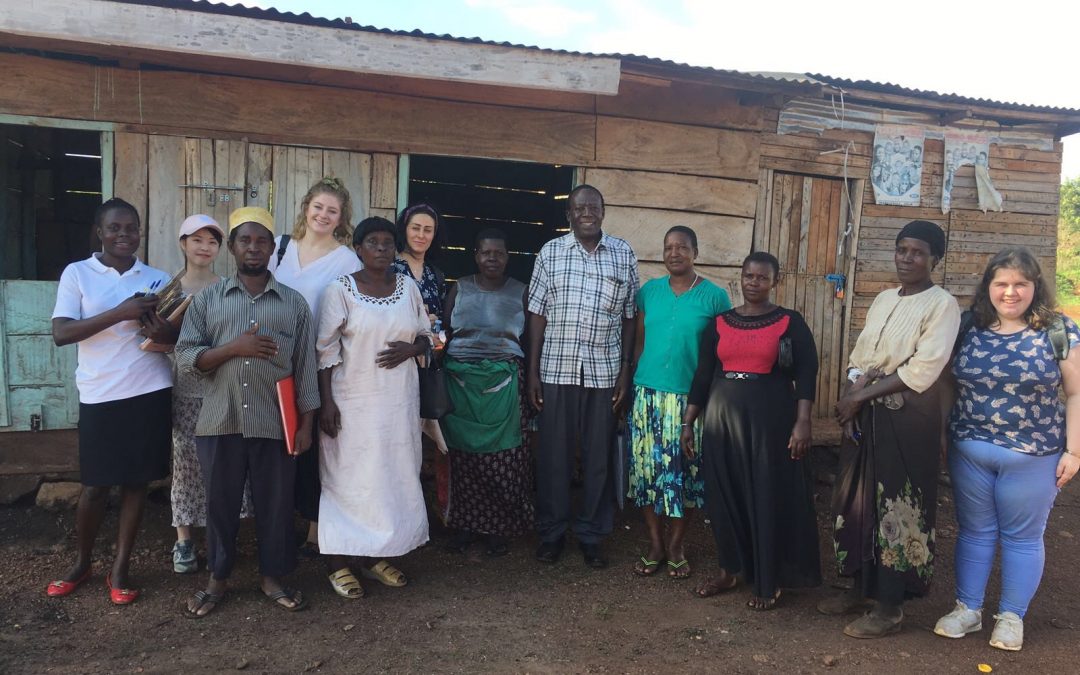
How attempts to empower women can affect household dynamics.
A reflection on women empowerment in slum upgrading projects
by Esther Ndacyayisenga
‘’In some families women are still oppressed and can’t come up. In others, women have managed to cooperate with their husbands and still reap the benefits of the federation. And for other families, it ended in breakup and family destruction’’ – Female-participant A, personal communication, March 27, 2018.
It is widely accepted that empowering poor urban communities and involving them in political and economic decision making has the potential to contribute to poverty reduction and improved household livelihoods (UNDP, 2016), especially when empowering women, who are widely thought to use monetary gains in a way that benefits the household (spending money on food, rather than booze and leisure). But what is the impact on household dynamics when more power is gained by the female household member? While focusing on economic empowerment, this blog discusses this issue, combining a reflection on the literature and the recent fieldwork experience in Jinja, Uganda, where the urban poor women in slums are the primary beneficiaries of Slum Dwellers International (SDI) development programmes.
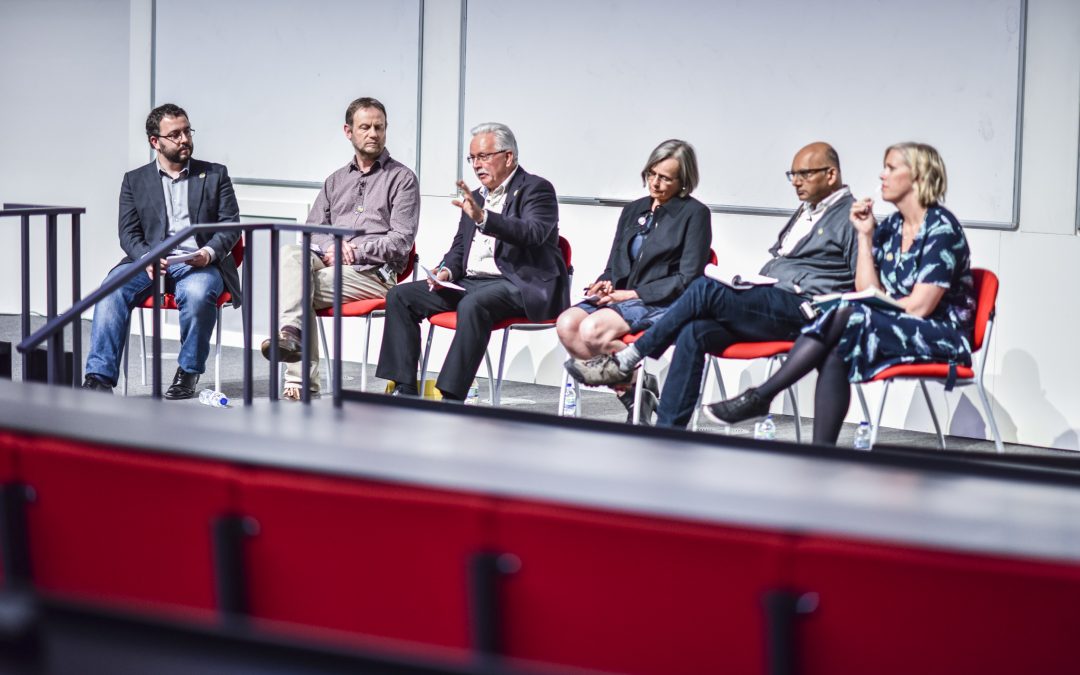
Our academics on the future of development studies and other difficult questions
To celebrate the end of the academic year we brought together leading academics from the Global Development Institute in a lively session. Fielding questions from the class of 17-18 our academics answer questions on the reality of development theory vs practice, the future of disruptive tech and ICT4D, and the concept of inequality.
The session was compared by Pablo Yanguas and features Diana Mitlin, David Hulme, Richard Heeks, Khalid Nadvi and Helen Underhill.

Rwanda and Arsenal: Why a budding developmental state is sponsoring a football team
By Dr. Pritish Behuria, Hallsworth Research Fellow
On 23 May, The Rwandan Development Board announced that it had signed a ‘Visit Rwanda’ sleeve sponsorship deal – worth around 10 million pounds a year for three years – with Arsenal F.C., the world’s best football club (I am clearly not an Arsenal fan). Many were surprised by this news. Most of all, Dutch Members of Parliament and politicians. De Telegraaf – a Dutch newspaper – published a story, quoting one Dutch MP who said, “I am indignant that a country where we provide solid financial assistance has now become a whopping €30million shirt sponsor of a major English football club.” The country’s aid minister, Sigrid Kaag, has been tasked with looking into the deal and reporting back to the Dutch parliament. Critics of the Rwandan government have also latched on to this news, arguing that the money would be better spent elsewhere.

Is there hope for the Russian economy? Stephen Sackur interviews Sergei Guriev
This week BBC Hardtalk’s Stephen Sackur interviews leading Russian economist Sergei Guriev, for the latest in the Rising Powers and Interdependent Futures podcast series.
They talk about the problem that Russian economy is facing with corruption and the need for deep structural reform, alongside the potential Russia has given its educated citizens and natural resources.
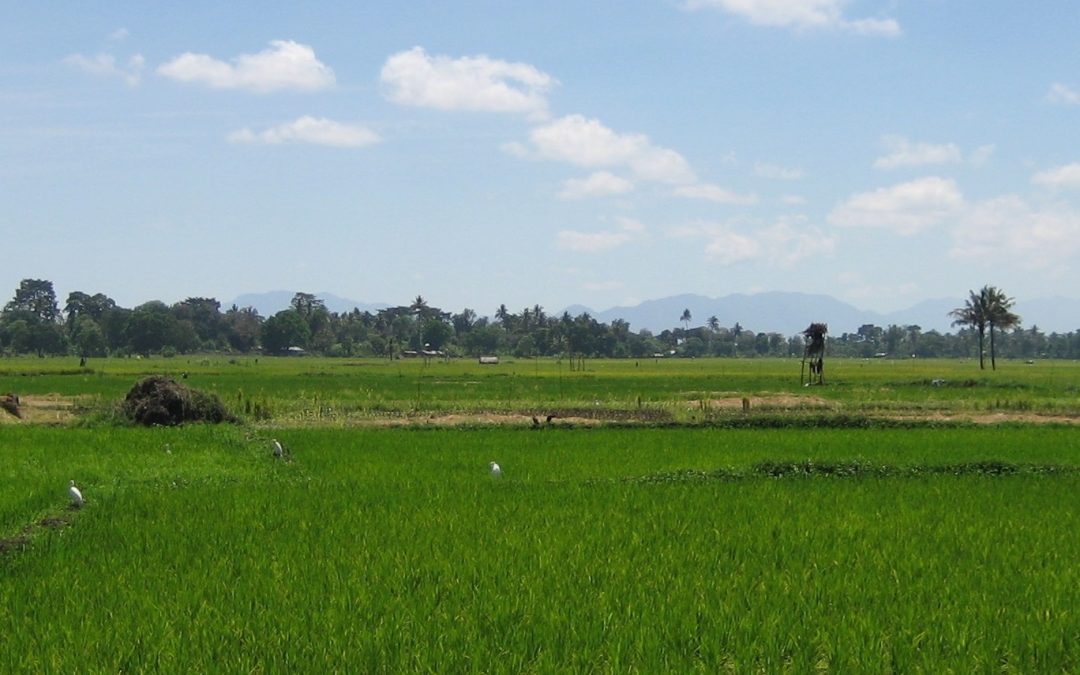
Policy Brief: Farmer-led irrigation in Africa
‘Farmer-led’ irrigation may exceed all ‘official’ schemes, effectively doubling the amount of irrigated land in sub-Saharan Africa.
This policy brief identifies the implications for irrigation policy and agricultural management, summarising the opportunities and challenges arising from the development of farmer-led irrigation.

What Makes Aid Effective with Pablo Yanguas and Daniel Honig
What limits the impact of foreign aid programmes? If frontline workers had freedom to experiment could aid effectiveness be improved? What in the aid bureaucracy and political environment constrains flexibility? David Hulme & Nicola Banks lead this exciting discussion with ESID’s Pablo Yanguas, author of new book ‘Why we lie about aid’ and Daniel Honig of Johns Hopkins University, author of new book ‘Navigation by judgement: why and when top down management of foreign aid doesn’t work’.

Can India overcome inequality and corruption? Stephen Sackur interviews Kaushik Basu
This week BBC Hardtalk’s Stephen Sackur interviews Kaushik Basu, the former chief economist at the World Bank and economics advisor to the Indian government for the latest in the Rising Powers and Interdependent Futures podcast series.
Basu discusses the implications of India’s incredible growth, but ballooning inequality. At the top end, salaries are close to those in OECD countries, while the country is still home to more people living in poverty than any other.
He talks about the culture of corruption within India, the enduring bureaucratic legacies of British rule and the effects of de-monetisation on society.
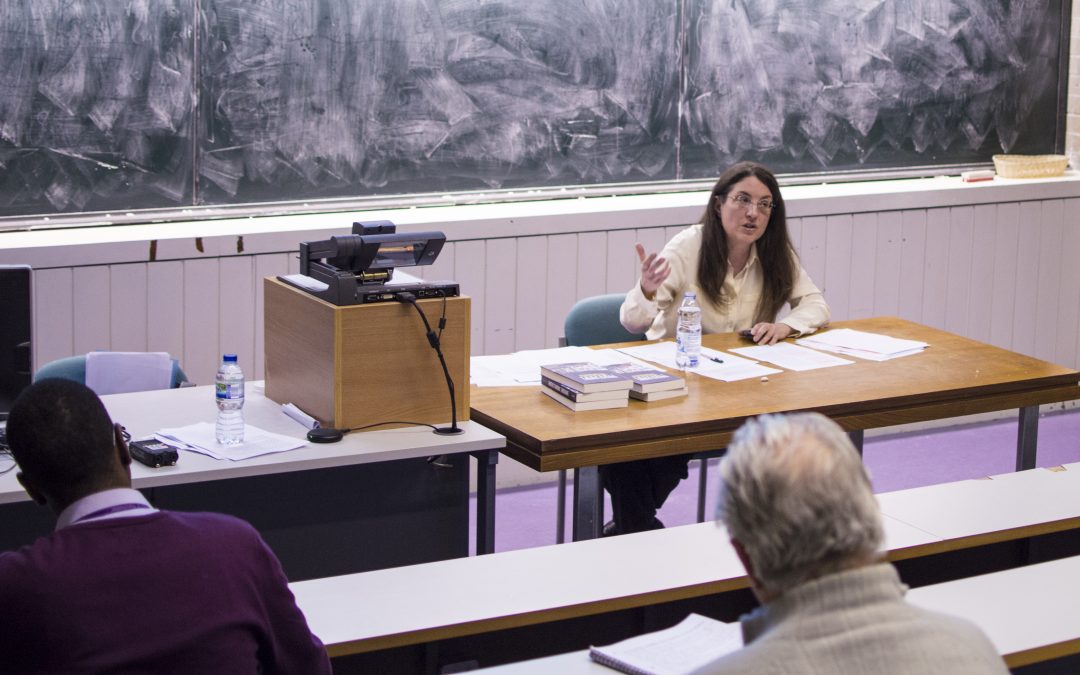
GDI Lecture Series: Understanding Zimbabwe with Sara Rich Dorman
Sara Rich Dorman gave a lecture entitled ‘Understanding Zimbabwe: from liberation to authoritarianism’ You can listen to the podcast, or watch the lecture below.
